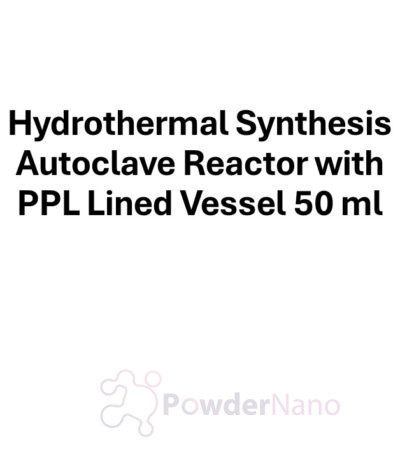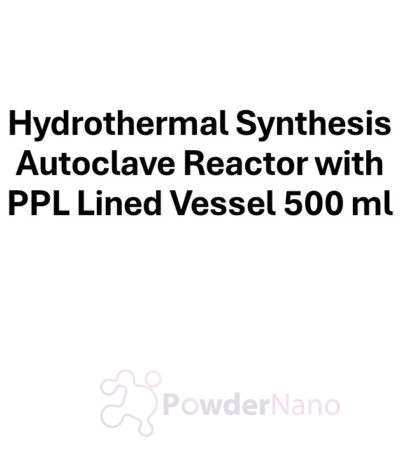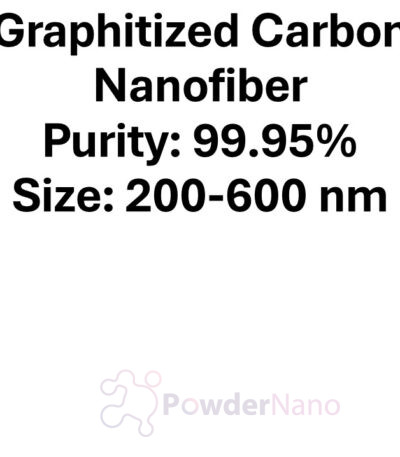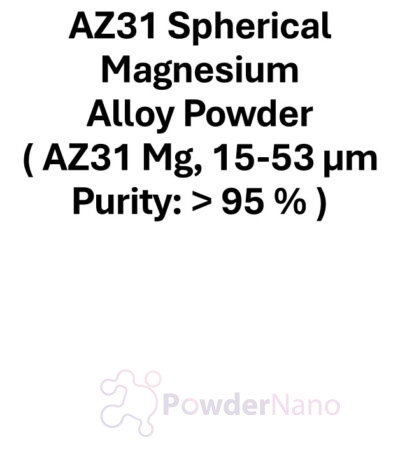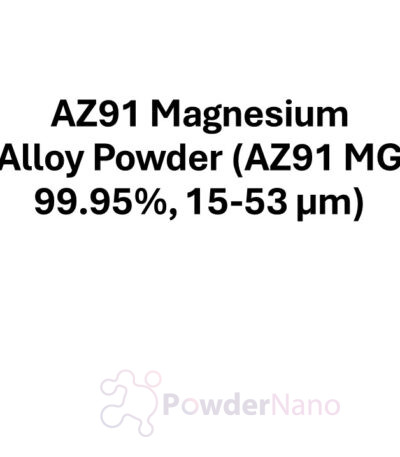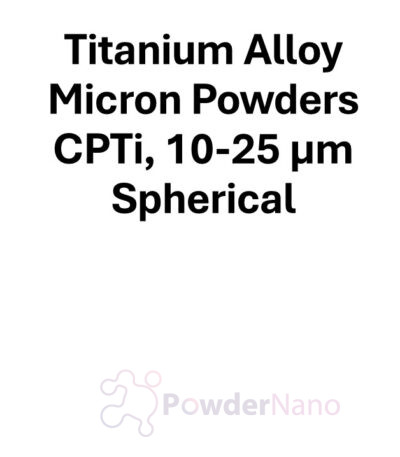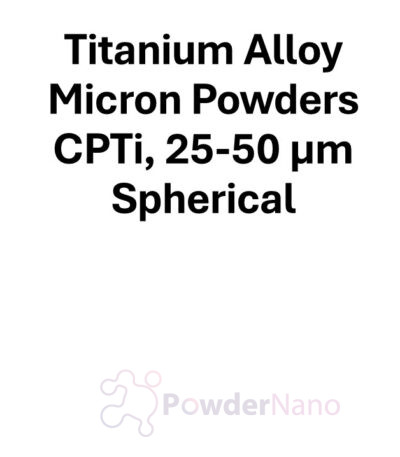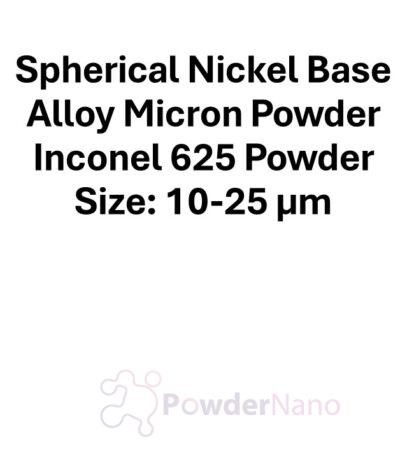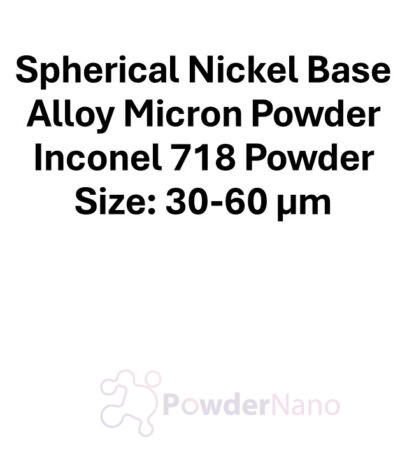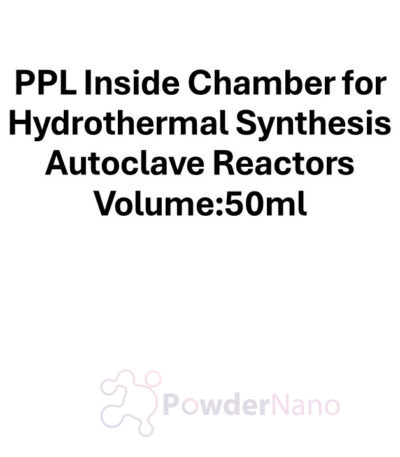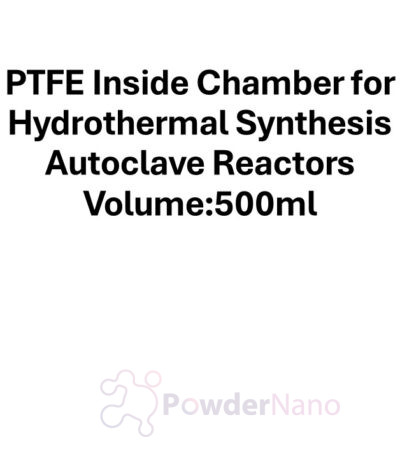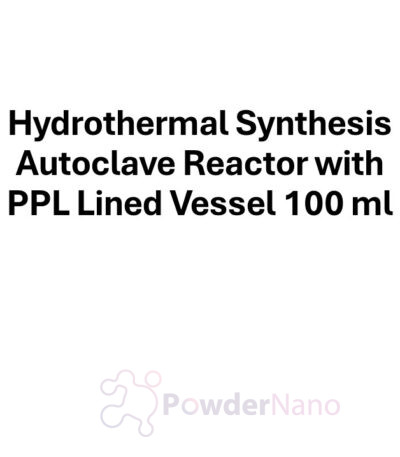Technical Specification:
- Material Composition:
- Outer Shell: High-quality stainless steel (typically 304SS or 316SS).
- Provides excellent durability, corrosion resistance, and pressure handling.
- Inner Liner: Polyphenylene (PPL).
- Highly resistant to extreme chemical environments, offering superior performance in high-temperature and highly acidic or oxidative conditions.
- Outer Shell: High-quality stainless steel (typically 304SS or 316SS).
- Physical Dimensions:
- Vessel Volume: 100 mL.
- Suitable for medium-scale synthesis experiments.
- Wall Thickness (PPL Liner): Typically 2–5 mm, ensuring structural stability under extreme pressure.
- Outer Dimensions:
- Compact design for easy handling in laboratory setups.
- Vessel Volume: 100 mL.
- Thermal and Pressure Ratings:
- Maximum Operating Temperature: 280°C
- Higher thermal resistance compared to PTFE liners.
- Maximum Pressure: 3 MPa (30 bar).
- Handles high-pressure reactions safely.
- Thermal Stability:
- Consistent performance across a wide temperature range.
- Maximum Operating Temperature: 280°C
- Sealing Mechanism:
- Threaded Closure:
- High-strength threaded design with durable gaskets or O-rings ensures airtight sealing.
- Chemical Isolation:
- PPL liner prevents contact between the reactants and the stainless steel body.
- Threaded Closure:
- Chemical Resistance:
- Enhanced Resistance:
- Suitable for highly acidic, basic, and oxidative reactions, outperforming PTFE liners in aggressive environments.
- Non-Contaminating:
- Preserves reaction purity and prevents cross-contamination.
- Enhanced Resistance:
- Packaging:
- Supplied with necessary tools (e.g., wrenches for sealing), spare gaskets, and a detailed user manual for safe operation.
Applications:
- Primary Applications:
- Hydrothermal Synthesis:
- Ideal for preparing nanomaterials, crystals, and advanced compounds under high-pressure, high-temperature conditions.
- Solvothermal Reactions:
- Suitable for reactions in organic solvents at elevated conditions.
- Hydrothermal Synthesis:
- Industries:
- Material Science:
- Enables synthesis of nanostructures, graphene, and functional composites.
- Chemical Research:
- Facilitates high-pressure, high-temperature reaction studies and mechanism exploration.
- Pharmaceuticals:
- Assists in crystallization and high-purity compound synthesis.
- Geology:
- Replicates natural geological conditions for mineral synthesis and crystal growth.
- Material Science:
- Advantages for Applications:
- Higher Temperature and Chemical Resistance:
- Withstands temperatures up to 280°C and aggressive chemical conditions.
- Medium Capacity:
- 100 mL volume allows for larger experiments compared to 50 mL reactors.
- Safety Features:
- Designed with pressure relief mechanisms for safe operation.
- Ease of Maintenance:
- PPL liner’s smooth, non-stick surface simplifies cleaning and extends usability.
- Higher Temperature and Chemical Resistance:
- Specialized Uses:
- Nanotechnology:
- Growth of nanowires, nanocrystals, and other advanced materials for energy storage and electronics.
- Catalyst Synthesis:
- Development of high-performance catalysts for industrial and laboratory applications.
- Experimental Research:
- Studies involving reaction dynamics, material properties, and high-pressure chemistry.
- Nanotechnology:
- Challenges and Mitigation:
- Volume Limitations:
- Limited to 100 mL, making it unsuitable for larger-scale experiments.
- Solution: Use for R&D and scale up using larger reactors for production.
- Limited to 100 mL, making it unsuitable for larger-scale experiments.
- Temperature Management:
- Exceeding 280°C may compromise the liner’s integrity.
- Solution: Monitor and control reaction temperatures rigorously.
- Exceeding 280°C may compromise the liner’s integrity.
- Handling of PPL Liner:
- PPL liners require gentle handling to avoid scratches or damage.
- Solution: Use non-abrasive tools and clean carefully after each use.
- PPL liners require gentle handling to avoid scratches or damage.
- Volume Limitations:
Summary:
The Hydrothermal Synthesis Autoclave Reactor with PPL Lined Vessel (100 mL) is a versatile and robust tool for conducting high-pressure, high-temperature reactions. With superior chemical and thermal resistance, it is ideal for material science, nanotechnology, chemical research, and pharmaceutical applications. Its medium capacity balances scalability and laboratory efficiency, while its safety features ensure reliable and secure operation under extreme conditions.
